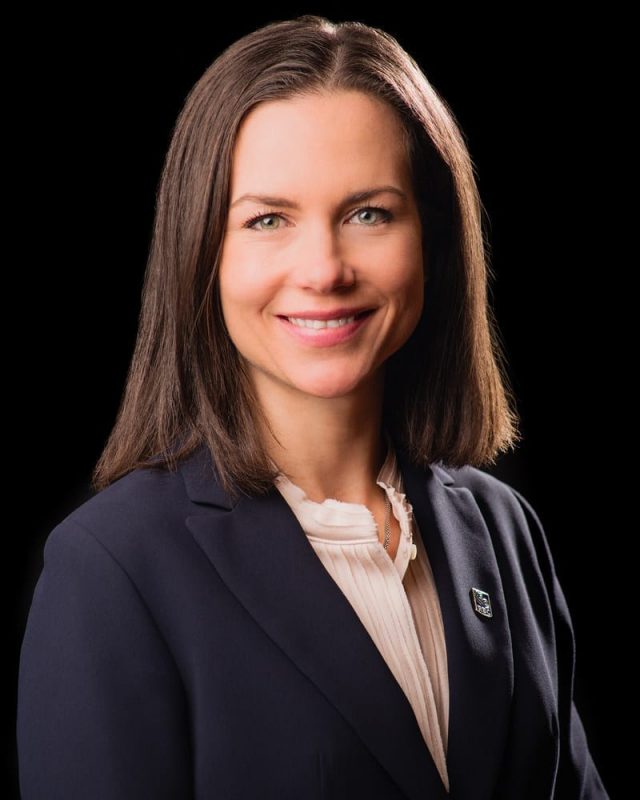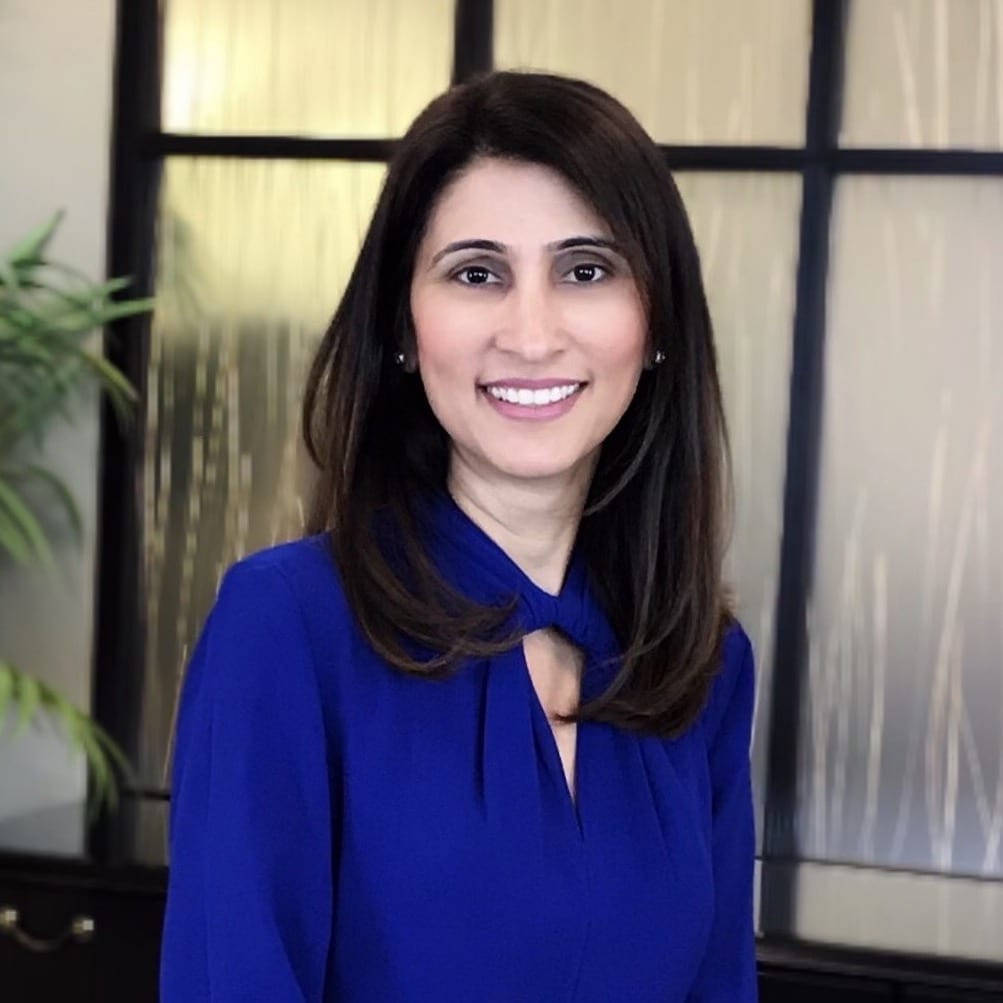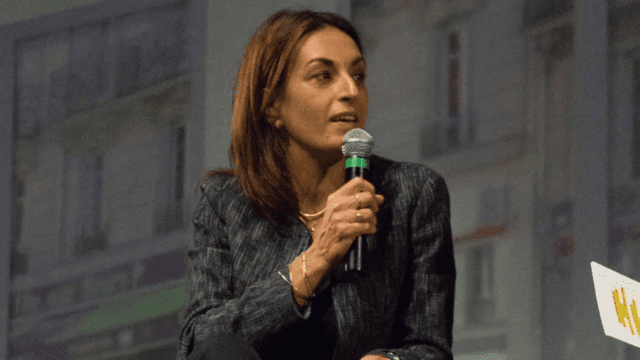Mentorship: An Intergenerational Matter

For the first time, five generations are co-existing on the job market. From the Silent Generation to Gen Z, and through Gen X and Millennials, generational diversity is indeed a reality. How can this diversity feed into mentorship experiences?
Benefitting from a mentor’s support is a golden learning opportunity. And for experienced professionals who take someone junior under their wing, it’s an excellent way to give back and share their knowledge.
Women have everything to gain because, on one side, the newer generation can learn from the women who have paved the way before them, while on the other, the latter derive a boost of energy and recognition for their accomplishments. Three women, all graduates of The A Effect, share their stories and reflect on the importance of intergenerational sharing.
Changing the Approach
Magali Marcheschi is an engineer and lecturer in the Department of Mathematics and Industrial Engineering at Montreal’s École Polytechnique. After working in the industry for several years, she began teaching as an adjunct. “One of the four tenured professors in my department offered to be my ‘sponsor’. She had gotten her engineering degree in the 1970s and was a well-known figure in her field. I was both surprised and flattered that she wanted to make me her protégé,” she recalls.
The engineer confides that she suffered from impostor syndrome at the time, constantly wondering if she really belonged. Thanks to her mentor, she was able to shed this burden and progress in her academic career, despite the many pitfalls along the way. “She introduced me to her network and pushed me forward. She also explained to me how an academic institution works and showed me how to get the right resources, and how to be strategic. She was always in solution mode and knew how to include everyone involved,” she explains.
Having had to battle to make a place for herself in a field where there were few women at the time, her mentor had a more muscular approach than Magali Marcheschi. “She had learned to defend her ideas and could be quite blunt, didn’t sugar-coat things. I’d never personally had to deal with this kind of adversity or really consider it. Yet, she never judged me. She also spurred me to reflect, be introspective, clarify my thoughts, put myself in solution mode, avoid clashes of ideas, and instead adopt a multi-stakeholder approach,” she points out, adding that there was great reciprocity between them. The young engineer assisted her mentor with computers and helped her better understand student expectations.
Contributing to the Next Generation’s Development
Violaine Des Roches is Senior Director of Inspection at the Autorité des marchés financiers. For two years, she mentored a younger colleague at a former job.
Despite the age gap of about twenty years, there was never any dissent between them. It was quite the contrary, because they both had to fight to make a place for themselves in the rather male-dominated professional environment of financial institutions, even to this day. “The approach is harsh in this field, whereas I favour empathy and solution mode,” says Violaine Des Roches.
She adds that being a mentor has been very rewarding and has allowed her to contribute to passing on her knowledge and experience. “At the start of my career, I myself would have really appreciated being able to benefit from the support of a mentor with twenty years on me,” she says. Providing development guidance to high-potential professionals has been a great source of exchange for her, as well as a way of projecting herself into the next generation.
Leading with Mind and Heart
Geneviève Giroux, Vice-President of Demand and Product Management at the SQDC, was mentored for six years by a professional 30 years her senior. “I had just landed my first management position and I felt like I’d leapt into the unknown. I wanted to raise my thinking from micro to macro, and work on policy and influence. My mentor had held very high-ranking positions in major companies, but he also had a background in psychology. We were a good ‘fit’, both professionally and personally,” she affirms.
Were there sources of tension between them? “It happened sometimes when he asked me to make a change or to do some soul-searching. I’d get defensive, I needed to take time to reflect,” she says.
Because of him, she learned to lead with both her mind and her heart, an almost holistic approach in which each facet of her personality found its place. “You can develop your leadership, act with courage, and make your point without being confrontational. It’s possible to be a professional, a woman, and a mother, all at the same time. This is the best thing he helped me learn,” says Geneviève Giroux. This realisation has also allowed her to break free from feeling like an imposter and to become more authentic.
Whether you’re a mentor or a mentee, this special relationship goes both ways and is a win-win situation. Growing, developing professionally, paying it forward, contributing, and learning to trust yourself are just a few of the positive outcomes of this experience that is rewarding from every perspective.
Follow us on Facebook and LinkedIn, and subscribe to our newsletter for all of the latest contents.







